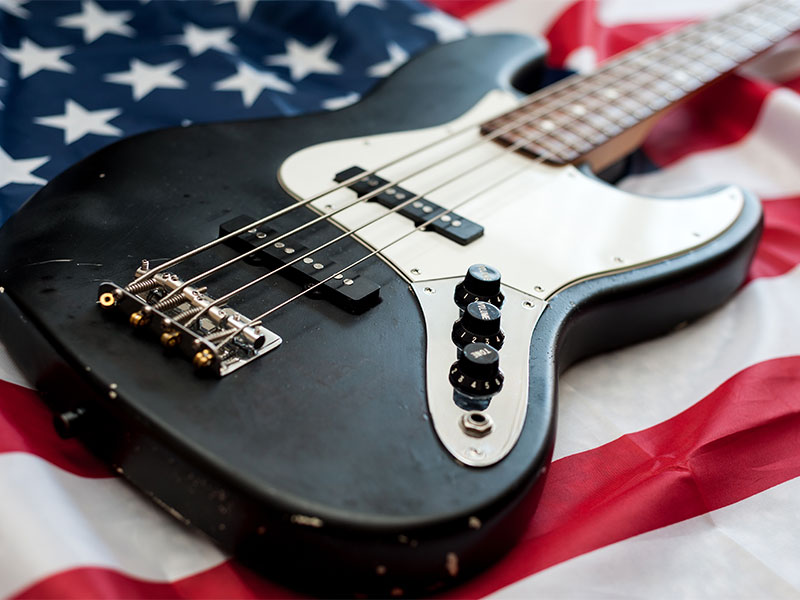When Political Campaigns Steal Their Music

They’re Playing Our Song
If a political campaign features your song, they have noticed you—and many more will hear your work. Congratulations.
But what if they steal your song? Or worse, what if you don’t like the candidate? A relatively modest public performance royalty won’t fix that problem. Even worse, what if they use the song in a TV commercial? It may have a large national or local market audience, but that is the bad news if you dislike the candidate.
It is easy to steal music—just rip it off and play. But when campaigns pilfer music, identities are stolen, too. Many musicians have objected to politicians exploiting their songs and identities. Bruce Springsteen, The Rolling Stones, Queen, Adele, Neil Young, Steven Tyler, and R.E.M. have famously objected, as have the estates of George Harrison and Luciano Pavarotti. The theft of “We are the Champions” was especially troubling, for after Queen’s Brian May refused permission to the Donald Trump campaign, they used it anyway to introduce first Melania’s convention address. Big audience; bigger problem for Queen.
Pilfering is not unique to Republicans. Joe Biden was famously caught plagiarizing in 1988, and that torpedoed his campaign for president. Former Montana senator Joe Walsh had his master’s degree rescinded for plagiarizing part of his thesis in 2007. Even President Obama used lines from a speech by former Massachusetts Gov. Deval Patrick in 2008, although Patrick says he gave the president the lines to use in the first place, evoking something like a “work for hire” argument—after all, no candidate ends a speech by crediting the speechwriter.
Songs are a bit different than taking lines from other speeches. Stolen speech lines can miscast the orator as more compelling than he or she otherwise might be. But famous songs imply something different, that the song’s artist is somehow behind the candidate.
Sam Moore’s “Hold on, I’m Comin,” was used by the Obama campaign in 2008, a practice that Obama quickly stopped when Moore complained. Bruce Springsteen battled Ronald Reagan over “Born in the USA,” Sting objected to George Bush, Jackson Brown complained to John McCain. But regardless of party, the legal issues about song rights are the same, and they go far beyond the royalties.
Mr. Trump also used George Harrison’s “Here Comes the Sun” to introduce Ivanka. The Harrison estate strongly objected. His uplifting song had been inspired by Harrison’s stroll with Eric Clapton on a sunlit April day after one of England’s gloomy winters, and the Harrison people felt it’s use sent the wrong message about the song, if not George.
Music is important because it speaks to the soul. Poets and songwriters already know how music stirs us, and now science finds that music stimulates more parts of the brain than any other human endeavor. Music appears on battlefields for that very reason, and is partly why FDR’s Depressioin-era “Happy Days Are Here Again” is still a rousing brand of the Democratic Party.
We know that campaigns are trying to influence us with music. We alsoknow that using songs without permission may violate a host of laws even if the proper royalties are paid. Artists also own a right of publicity to their images and identity, and stealing that can violate the federal Lanham Act terms against the misbranding of a product or image, and can mislead the public with “false endorsement” suggestions that a musician or band supports a given campaign. Yet aggressive politicians understand that once a song is exploited, it is impossible to un-play it.
Many campaigns have been reckless with their use of music. The Rolling Stones’ axiom of music and life—you can’t always get what you want—applies both to politics and victimized musicians. It is easy to rip off R.E.M. or the Rolling Stones—just grab and run. As the Beatles said in “Revolution,” we all want to change the world, perhaps, but the law says we cannot steal it by exploiting the music of others.
